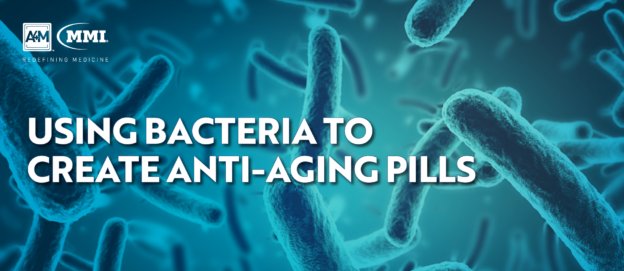Despite strenuous controversies, the field of sirtuin research is growing with an increasing number of recent studies revealing their promising connection to longevity. After many years of investigation, understanding of the activity of the silent information regulator 2 (Sir2) family (‘sirtuins’) has greatly expanded, proving its significant involvement in the regulation of many fundamental biological processes. Dr. Leonard Guarente, co-founder of Elysium Health and director of MIT’s Glenn Center for Biology of Aging, stands at the forefront of sirtuin research efforts.



